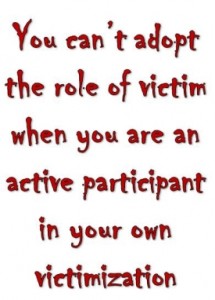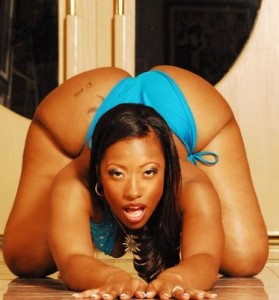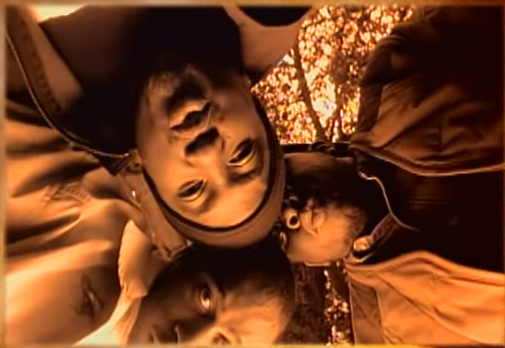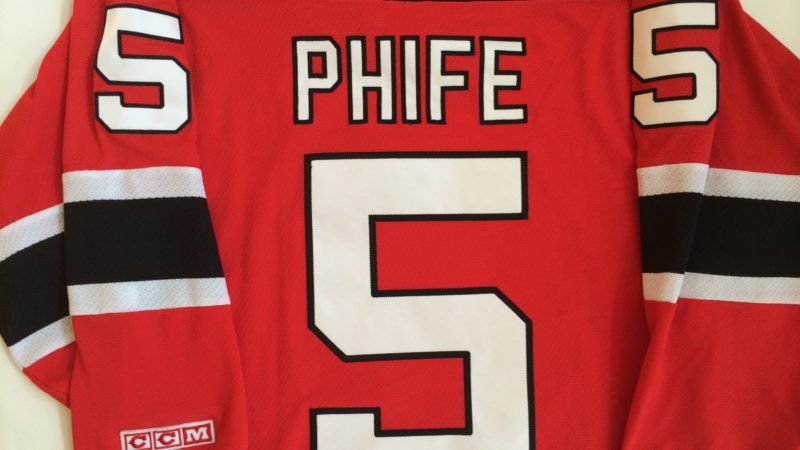By shelz.
When people discuss women in Hip-Hop the conversations inevitably end with the same conclusion. There aren’t many and the few who do eat off the industry have no authority. There are stylists and video models and a small corps of DJ’s sprinkled here and there, but the femcee seems to have been replaced by blow up dolls with mics glued to their hands. Women are presented as the minority and the maligned. There is no one in power to serve the feminist cause; to plead the fairer gender’s case. The men with the reins contort and warp the female image, removing balance and depth and women can do nothing but look on in horrified astonishment; voiceless. This would be a tragedy of Shakespearean proportions if it were true. It’s not.
The Hip-Hop glass ceiling has often been used to explain the rampant misogyny in the music. However, women have been present in the upper echelon of the business since the beginning. Women are in key roles all over this male-dominated industry. Since there are women contributing to this business model that promotes misogyny, it is probably time for women to dismiss powerlessness as the cause of the issue and find out the real reason it continues to flourish.
From Sylvia Robinson’s co-founding of Sugar Hill Records in 1979 to Sylvia Rhone’s ascension to President of Motown and Executive Vice President of Universal Records, women have held label shot-caller status. Catherine Hughes’ Radio One, Inc. is the self proclaimed Urban Media Specialist, running 53 radio stations in 16 urban US markets catering almost strictly to Hip-Hop and R&B tastes. If you check the masthead of your favorite Hip-Hop glossy chances are you will find a woman’s name at the top of the page. XXL, The Source, Don Diva, Ozone and Vibe (prior to its shutters closing) are all helmed by women and Giant Mag is owned by Radio One. While the numbers aren’t equivalent to the male stats, they do represent a presence that folks rarely consider. Women are there and they are shaping the industry.
Women have a larger voice in Hip-Hop than they acknowledge. They aren’t the majority of rap purchases, but they buy enough to be missed if they stop. They don’t fill all the seats at the venue, but there would be plenty of empty chairs if they refused to go. Women straddle the fence, with a fierce monologue of Hip-Hop’s betrayal one day only to pick up tickets to the upcoming concert the next. Emcee so-and-so’s last single offended them, but instead of refusing to give him their hard earned money, they buy his CD and roll their eyes as they push skip.
You can’t adopt the role of victim when you are an active participant in your own victimization. However, blaming the women in the Hip-Hop Nation is even more unfair than blaming the men. The bottom line is that the disrespect women encounter is found outside of the culture and it’s deeper than rap.
The largest misconception is that Hip-Hop functions inside a vacuum. Rap is not alone in having a floozy as its muse and the music hasn’t developed these themes of female disrespect without outside influence. So we must stop searching for the answers within Hip-Hop because that’s not where the problem was born. The images are personalized but they are derivative. Just Ice did not invent the slut. Notorious B.I.G. wasn’t the first man to call his significant other a bitch and Akinyele didn’t create casual sex. If we are to fix the problem of the female representation in Hip-Hop, we have to start with female representation in life.
Can women expect these female head honchos to fix this for them? No. Hip-Hop is a business and these women were hired to ply their craft, not to become activists. They probably do have to stand up at times and fight a battle when the contempt gets out of hand. What we should wonder is, what the industry would be like if they weren’t there? Accepting the idea that women have no voice in Hip-Hop is not only defeatist, it’s untrue. From the corner office to the young girl spending her allowance on a new CD, women permeate this culture. They are the desired and the scorned; the whore and the Madonna; the shot-caller and the #1 fan. The industry that loves to hate them is riddled with estrogen and unless they acknowledge that they have the power to give depth to the one dimensional caricature that currently represents them, they will be stuck pressing skip.
Follow Us on Twitter @ http://twitter.com/planetill
Follow shelz. on Twitter @ http://twitter.com/shelzp
Join Us on the Planet Ill Facebook Group for more discussion





